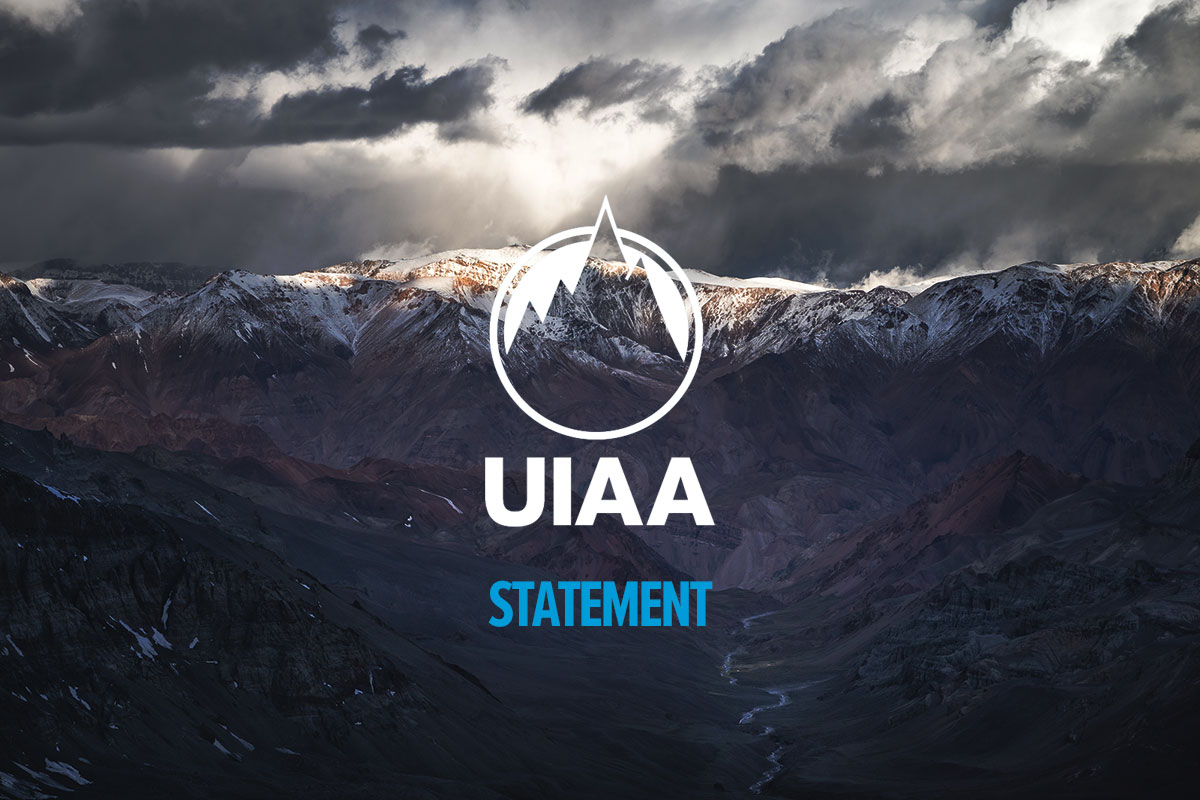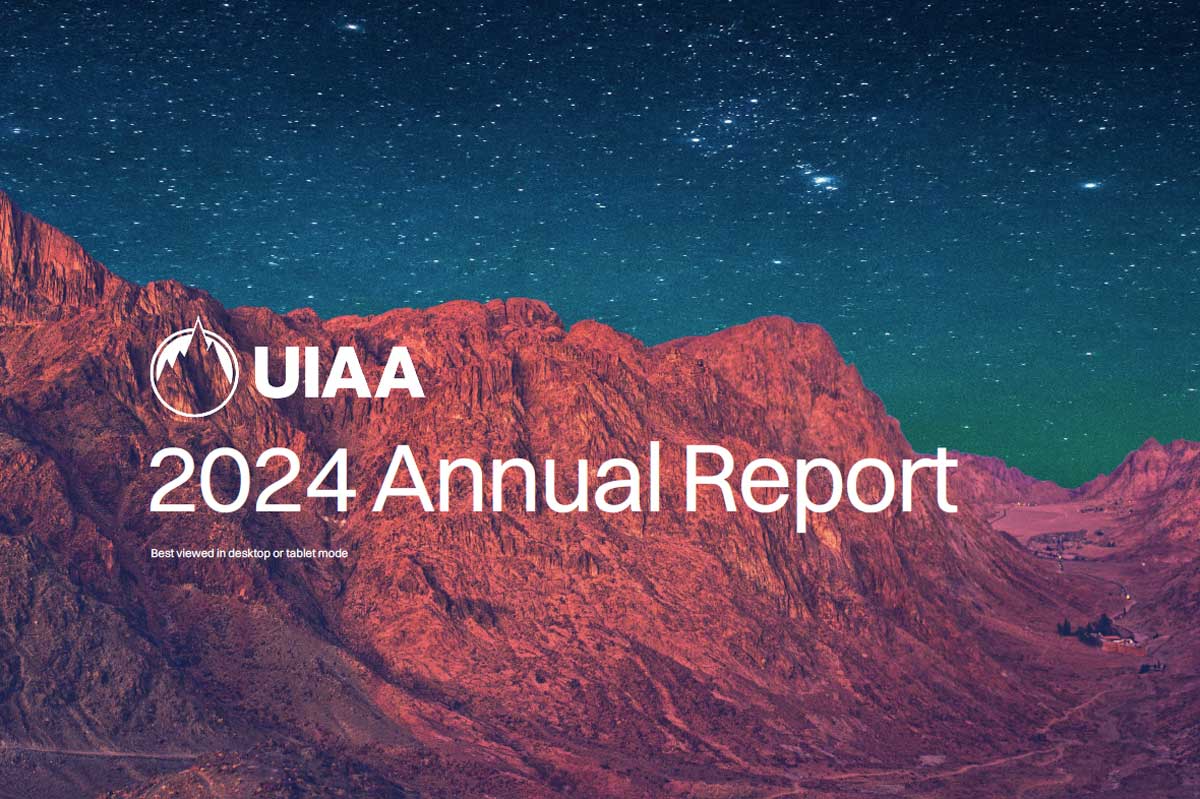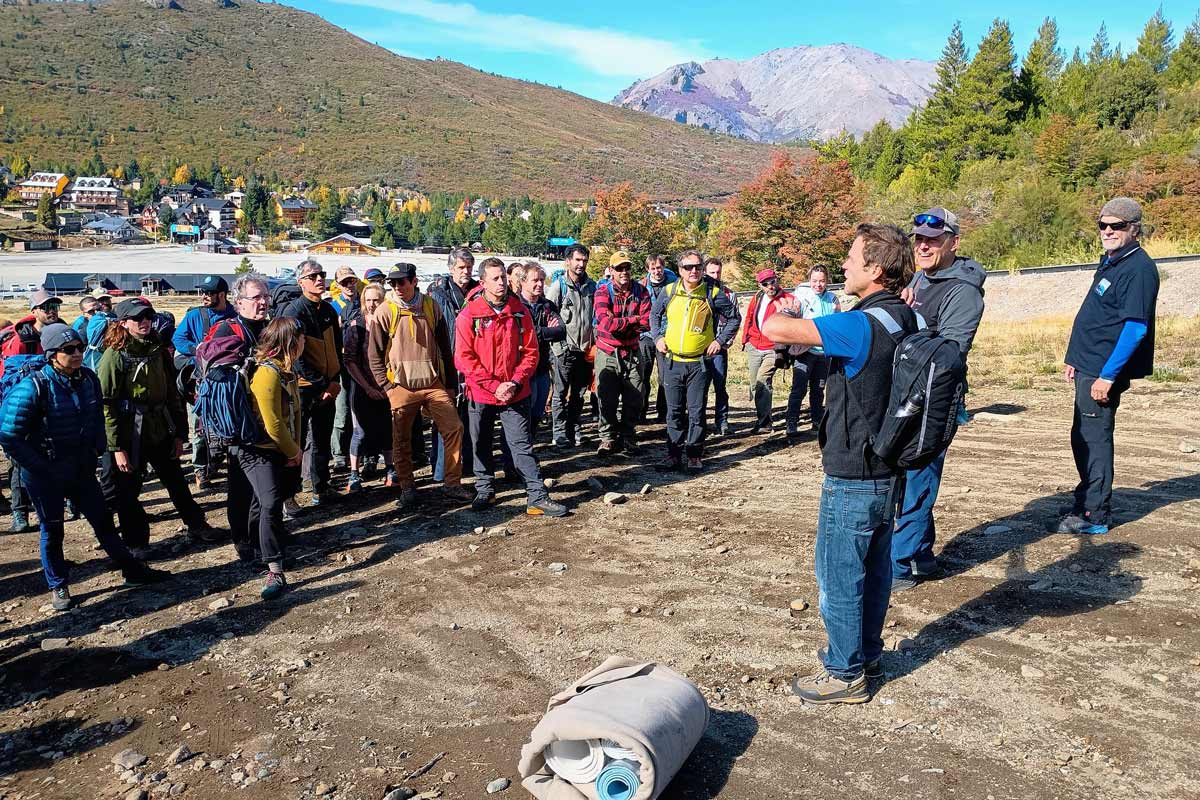Mountain ranges are often the natural borders between countries. The demarcation of borders in such remote and difficult geography can be contentious. This has led on occasion to diplomatic disputes with these border issues often dating back to colonial times. The United Nations Security Council recently issued a call for countries to “redouble their efforts for peace” during this period of combating the coronavirus pandemic that has already claimed more than half a million lives.
In these sometimes tense border situations, there are inevitably social and economic impacts on local communities for whom these areas are their traditional homes and provide their livelihood. In addition, access restrictions result in these areas being “locked up” and not accessible for critical conservation and climate change research or for access by mountaineers and mountain travellers.
The UIAA – International Climbing and Mountaineering Federation – appreciates that border areas often have a problematic and disputed historical context. The demarcation may be complicated by the complexity of the topography and the difficulties in recognising, for example, the watersheds that can be the most logical border. In some instances, tectonic forces have led to streams and rivers apparently ignoring the laws of geomorphology by cutting through great mountain ranges. In others, the source of these drainages is complicated by the source being great masses of ice with no definite, natural watershed being evident – as was the case in Patagonia.
The UIAA appreciates that often mountain areas are of great geostrategic importance but as climbers and mountain travellers, we consider all mountain areas to be a great resource for the uplifting of the human spirit. They are fundamental to the very being and existence of local communities, but are also deeply valued by people around the globe. The UIAA in large part, exists to promote the sustainable use of mountain areas for recreation in the true sense of that word – re-creation. It is sad therefore that some mountain ranges have been, and are, the scenes of dispute.
Reflecting this deeper value to humankind a number of transnational parks have been created around the world in border regions and these are having a positive impact on environmental conservation, human activity and allowing the free transit of people across international borders in wild areas of the world. Examples spring to mind in Southern Africa and in Europe. Therefore, it seems logical that transnational parks could be created in many of the mountain ranges of the world.
The UIAA is a global body of mountain organisations dedicated to promoting safe, responsible access to mountains and to the protection and conservation of the world’s mountain ranges. We believe that the creation of trans-border protected areas could provide a space for cross border peaceful engagement as well as support for local communities through the economic opportunities provided by mountain tourism. People should not be excluded from such natural areas – there are examples from all over the world. Transnational parks in mountain border areas are an opportunity on a number of fronts, not least to embrace and support the elevation of the wider human spirit.
—
UIAA – International Climbing and Mountaineering Federation
This statement was initiated by the international network of organisations and climbers who form and support the UIAA High Mountains Working Group and has benefitted from the comments and expertise of members of the UIAA Management Committee, Commission Presidents and Commission delegates.
The UIAA Executive Board wish to confirm its support for the initiative and the content of this statement.
“We are the Pilgrims, master; we shall go
Always a little further: it may be
Beyond that last blue mountain barred with Snow”
James Elroy Flecker



